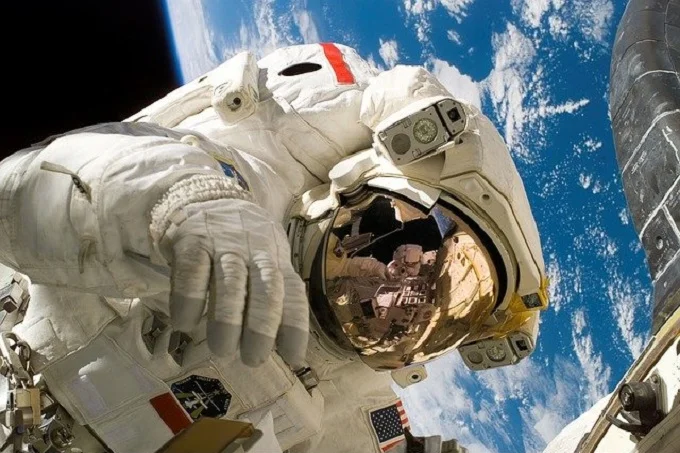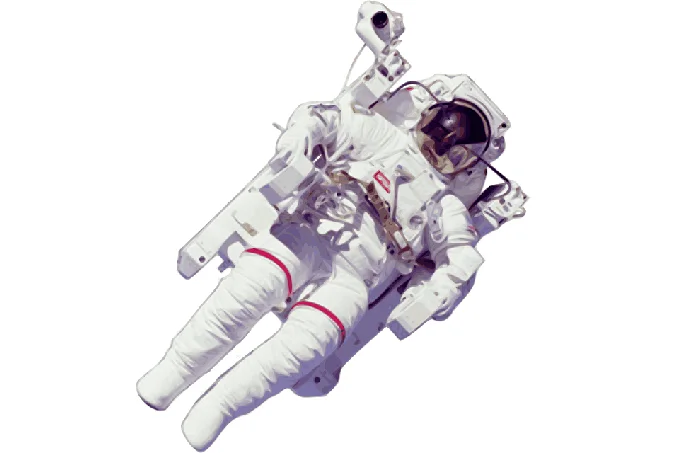Is it true that the Earth is a “cage” for our species?

Space travel will not be able to last long, as the microgravity environment has too much influence on human physiology, leading to serious clinical diseases.
Microgravity causes a number of serious diseases. In particular, the integrity of the strong cellular barrier that lines our intestines is violated. This barrier prevents bacteria, fungi, and viruses from entering the human body from the intestine. Leaky gut syndrome (leaky gut or irritable bowel) can significantly increase the risk of infections and inflammation, celiac disease (digestive disorders), type 1 diabetes, and liver disease.
Microgravity also weakens the human immune system and promotes the proliferation of pathogenic intestinal bacteria, such as salmonella.
That is, the microgravity environment makes epithelial cells less resistant to the effects of an agent that weakens the barrier properties of these cells, and the defect persists up to 14 days after returning to Earth.

The intestinal epithelium’s barrier function is crucial for maintaining the intestine in a healthy state. Permeability can also lead to undesirable substances and bacteria leakage into the body.
To get the latest stories, install our app here
But this is not a definitive “no”. Knowing the danger will help you better prepare for long space travel and colonization, during which exposure to a food pathogen can lead to more serious pathologies than on Earth.





Maybe, maybe not.